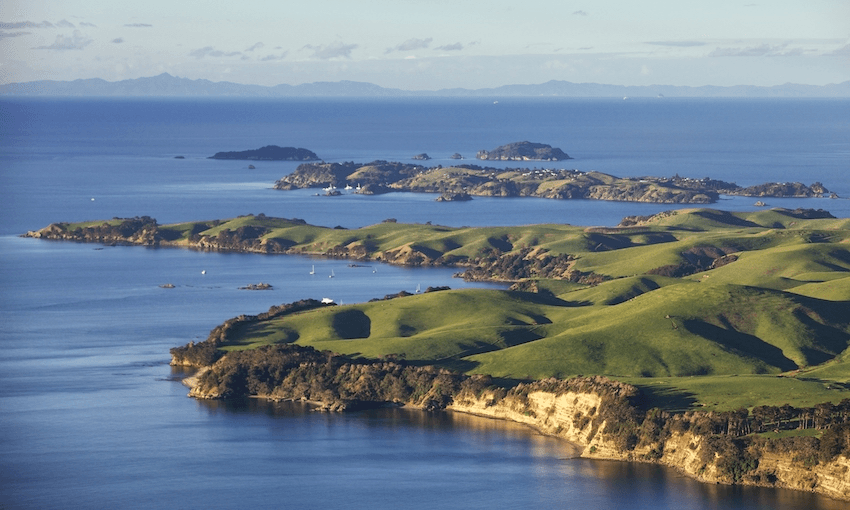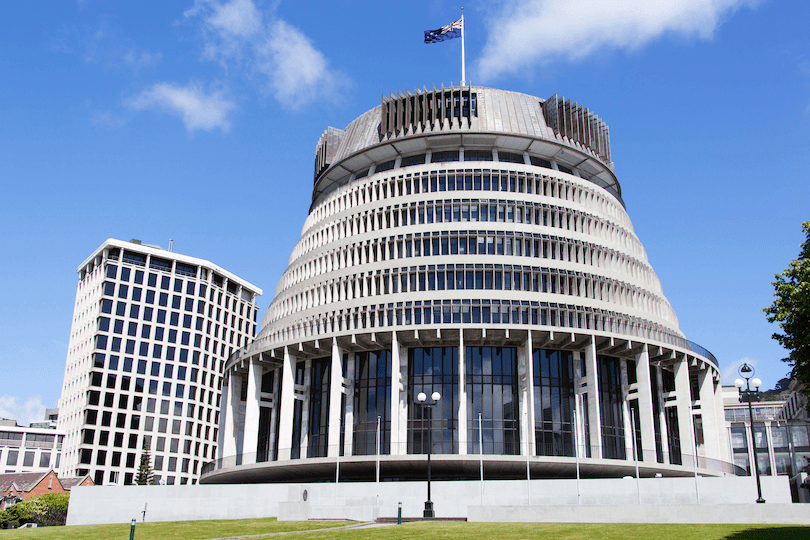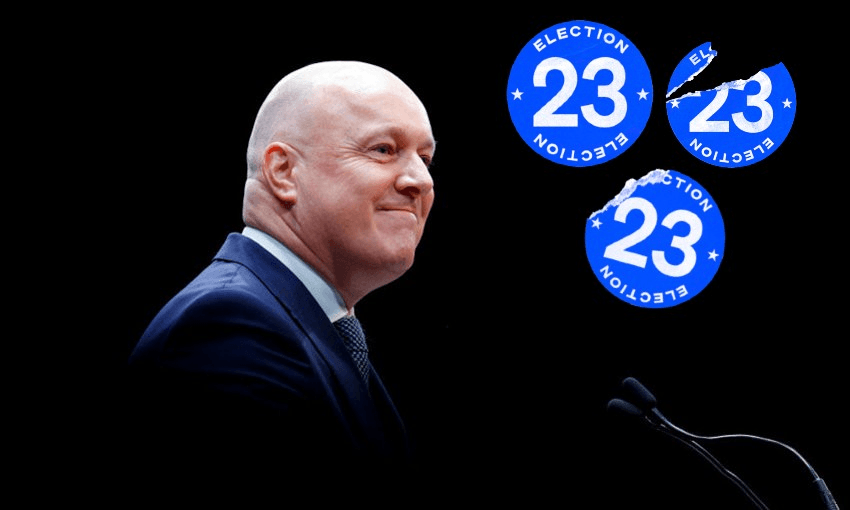Secondary schools teachers have “overwhelmingly” backed a new collective agreement settlement announced last week at parliament.
The pay deal will see a pay rise for teachers of 14.5% by December next year.
The acting president of the PPTA, Chris Abercrombie, said he was delighted by the show of support from teachers.
“Members’ collective, determined and sustained action this year ensured that we received a much improved offer via arbitration than what we were offered in negotiations,” the union leader said in a statement.
“There are still significant issues around secondary teacher recruitment in particular that need to be addressed, but today is for celebrating. I feel very proud and privileged to lead such a strong and committed union. Members are passionate about secondary education and the need for it to be valued appropriately. This settlement is a significant step in the right direction.”
Education minister Jan Tinetti told reporters last week she’d be surprised if the offer – which she said would be the government’s last – was not accepted. “This is one of the most significant pay increases New Zealand secondary teachers have ever received. Shortly, 30,000 secondary teachers will receive the first of three pay boosts between now and the end of 2024,” she said in a statement this afternoon.
“The settlement also means an end to the disrupted learning that our young people have experienced. I know that will come as great news to parents and caregivers and thank them for their patience throughout.”



